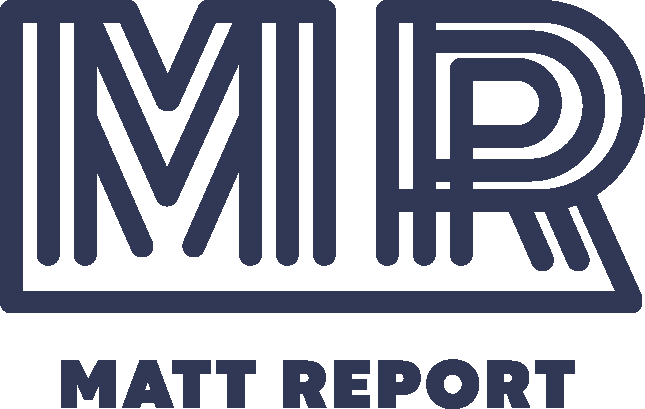If there’s one thing I’m sick of it’s flash in the pan web marketers.
Crappy ads and “consultants” that promise WhatsApp money in a weekend’s worth of SEO and retargeting work. “Don’t worry, we’ve been doing this for 6 months and our e-book will make you richer than Mark Zuckerberg after his exit from Facebook. Just give us your e-mail!” Really? Stop it already.
Take a look at this Facebook ad that I just snapped:

There’s a ton of failure here so let’s start from the top:
- “24 hour SEO ranking” Are people still falling for this?
- $12k annual in 5 days work. Great I just need to work for a month and I’ll have a comfortable $48k job. Where do I signup?
- Offensive photo with the promise of INSANE BACKLINKS. How did this get approved by Facebook? Oh I know, because it’s revenue. As a stock holder I want revenue, but not at the cost of human decency.
- Now I see unbouncepages.com as the URL. They are the brand of the product creating these landing pages.
- Did I mention that photo?
Your product hurts your brand
So if you’re like me or a majority of us trained to skip ads in the feed you will just scan thorough it.
Over time and through continued impressions I might begin to think Unbounce is actually promoting these ads for their own product. Facebook is also cutting off the slug of the URL and keeping just the root domain which doesn’t help brand impression in this example.
But it’s not Unbounce — it’s their customer using the product.
Even if you do know it’s not the app at fault, you might start to relate spammy ads with their service. I know you can’t blame Ford for being the getaway car in a bank robbery, but you get the idea.
Should we censor our customers or remove branding from our product?
I don’t have an answer to this but it’s something that is on my mind.
When we see our free WordPress themes being used as porn, spam or hate speech sites there’s not much we can do about it. We cringe and see our slug at the bottom but we don’t have any real recourse available. On one hand we need to be in WordPress.org repository to gain exposure and on the other hand it leaves our brand vulnerable to bad publicity.
I’m sure Unbounce sees it’s fair share of the above and I can’t fault them for not being able to put a stop to things like this. If you’re a legal type, you might glance at their TOS to see if there’s anything binding. In the end, the only advice I have for fellow product companies is to keep an eye on it.
Right now the benefit and revenue from good customers onboarding via our free themes is greater than the harm of our brand on a rogue site. At some point it might make sense to remove the slug but for now it’s something we will monitor.
What do you think?


Leave a Reply